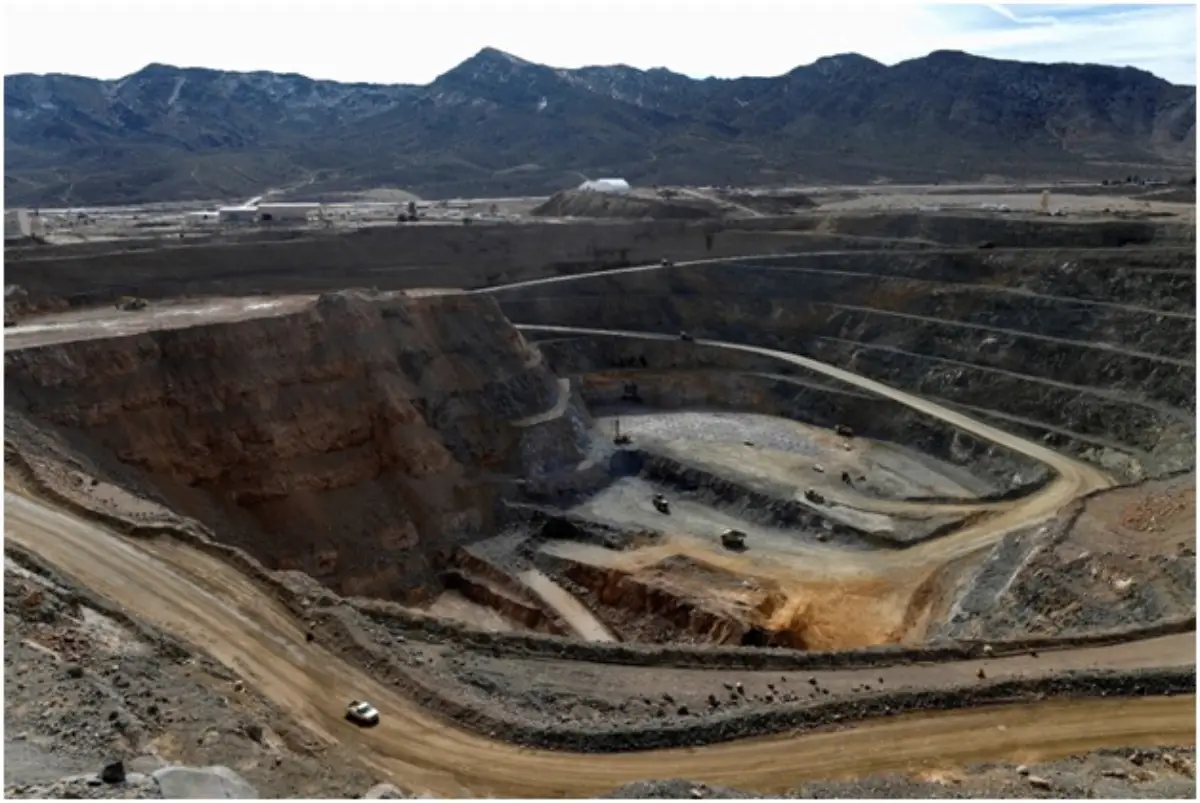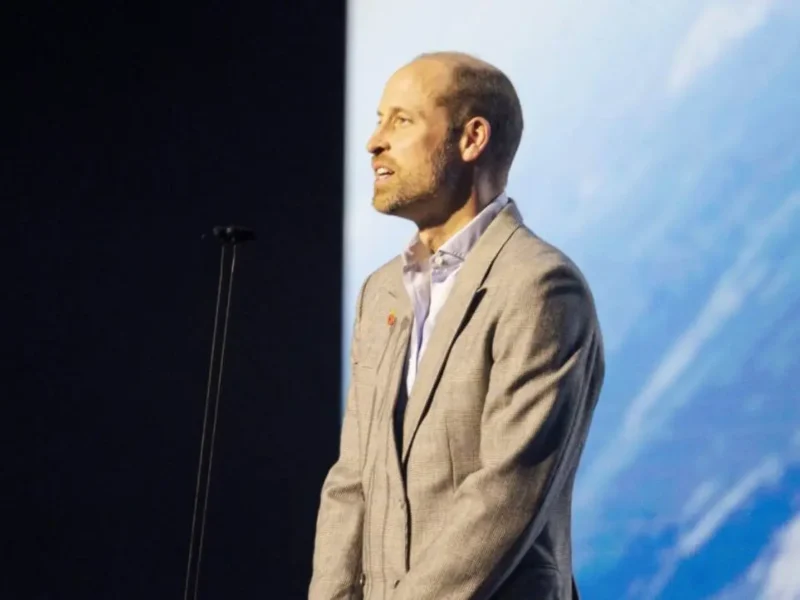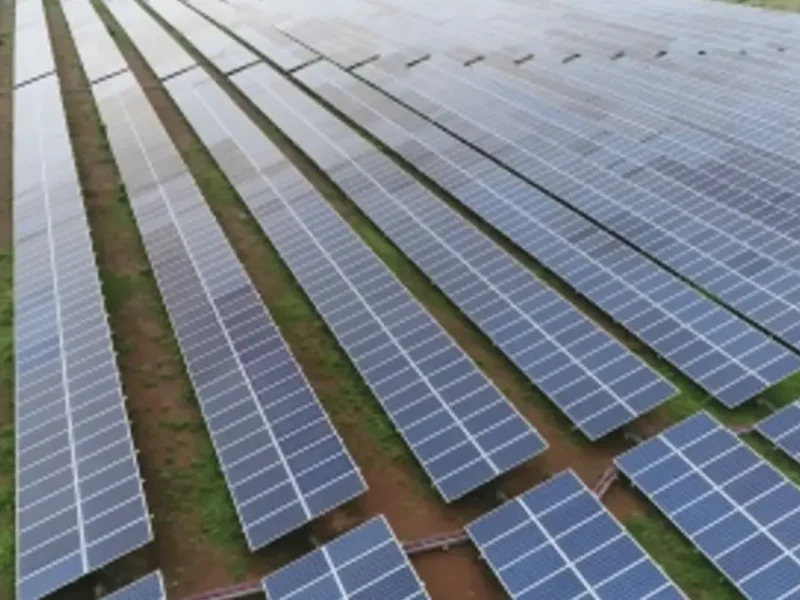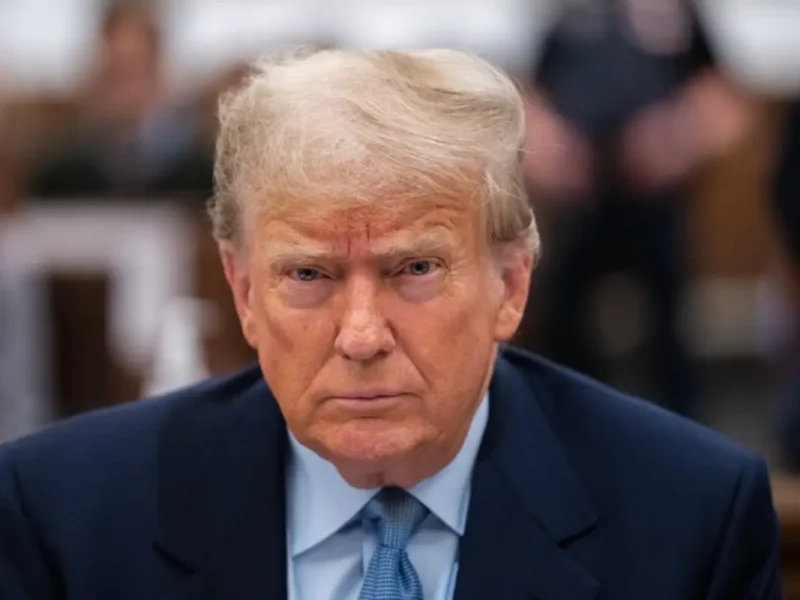
Wary of Trump, Miners, Recyclers Rush To Close Government Loans
Photo: Reuters/Steve Marcus
WASHINGTON, DC (REUTERS) – US miners and battery recyclers are rushing to close government loans worth billions of dollars before January out of concern that Republican Donald Trump would, if elected, block funding needed to boost American output of critical minerals for the energy transition.
Tumbling prices this year for lithium, nickel and other minerals, as well as lower-than-expected EV sales, have spooked private financiers and put the traditionally conservative mining industry in the unusual position of needing Washington’s support to grow and counter what the West sees as China’s market manipulations.
Under President Joe Biden, the Department of Energy’s Loan Programs Office (LPO) has awarded nearly $25 billion in conditional loans to 21 companies, including those planning to build facilities that recycle batteries or process lithium and other minerals for use in electric vehicles. Such conditional loans still need final approval, which takes time.
The LPO gave Tesla a $465 million loan in 2010 to stave off bankruptcy. The company is run by Elon Musk who has ironically been funding Trump’s campaign.
Solar companies, including South Korea’s Qcells, and hydrogen firms, including Plug Power have also received conditional loans, yet their plans rely in part on domestic supply of critical minerals, thus making the funding for mines crucial for the US energy transition.
The average LPO loan is $1 billion, and each must be reviewed by the office and others across government – including engineers, financial experts and even Energy Secretary Jennifer Granholm – before funds are dispersed.
Given Trump’s pledge to “end the electric vehicle mandate” and plans laid out by former Trump administration officials in the Project 2025 document to shutter the LPO, mining companies and others are rushing to close the loans before Biden leaves office in five months. Some are likely to fall short given the short timeframe, according to interviews with more than two dozen industry executives, consultants, investors, analysts and policymakers.
Without those financial lifelines, all the sources say, many domestic critical minerals projects could be frozen in the planning stage, a step that could cripple the Western EV supply chain as Beijing-linked rivals boost market share by flooding global markets with cheap supplies of metals.
One executive with a loan pending before the LPO said Trump was “a wild card,” so the company was keen to get its loan finalized before a new president takes office in January. The executive was one of five interviewed for this article who, along with other experts in the field, declined to be identified so as not to offend Trump, a Republican, or Vice President Kamala Harris, his Democratic rival.
Trump has tried to distance himself from Project 2025, although much of its energy-related portions were written by aides from his first term.
Harris, who cast the tie-breaking vote for the Inflation Reduction Act in 2022, is expected to continue many of the climate policies implemented by Biden, although her aides said she is being strategically ambiguous with energy proposals.
The LPO employs roughly 400 people, up from 90 when Biden and Harris took office in January 2021.
Trump issued only one LPO loan when he was in office.



